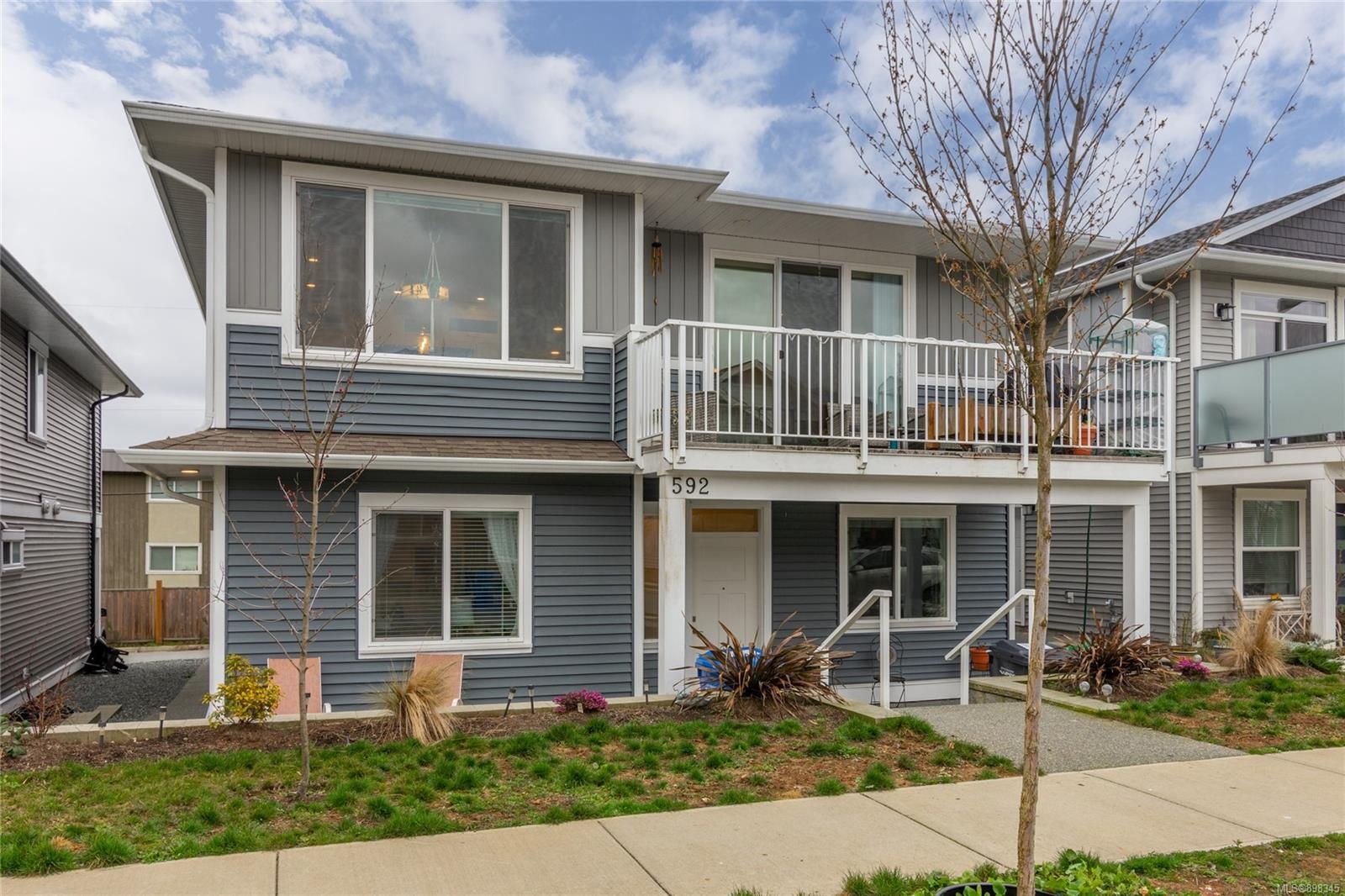I have listed a new property at 3766 Apsley Ave in Nanaimo.
Available again; the accepted subject-to-sale offer didn't come together so this home is back on the market! Four bedroom, two bathroom family home located in a quiet neighbourhood in Uplands. Lovingly maintained both inside and out, this home offers plenty of upgrades and amenities. On the upper floor, you’ll find a cozy living room with an electric fireplace, mountain views, two bedrooms, and a covered deck to enjoy year-round. Downstairs are two more bedrooms, large laundry room and family room. Outside, you’ll find a gardeners paradise with mature fruit trees, raised garden beds, shed, and an eye catching goldfish pond. This home is heated/cooled by a heat pump and oil furnace. Gas line and meter have been run to the home, making for an easy upgrade to a gas furnace if desired. You’ll appreciate the convenience of being within walking distance to shopping at Country Club Centre, recreation and trails at beautiful Long Lake; and access to the Island Highway.











